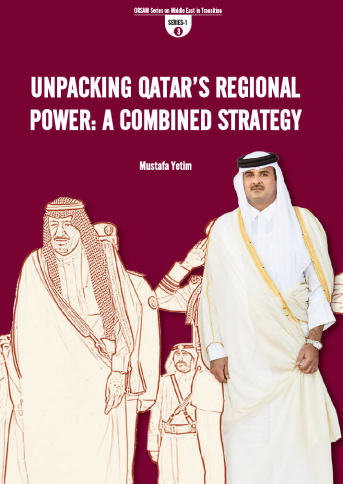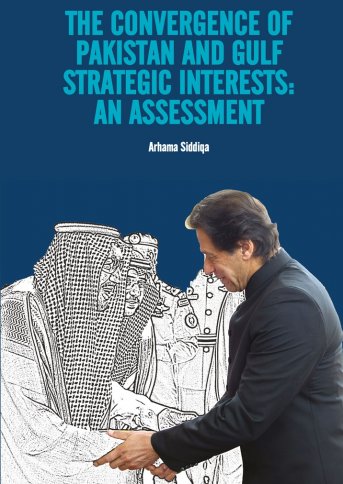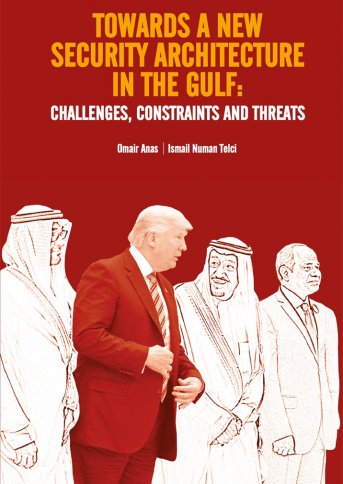
UNPACKING QATAR’S REGIONAL POWER: A COMBINED STRATEGY
From being a dependent ally of Saudi Arabia since its independence in 1971, the State of Qatar has gradually sought to change its foreign policy outlook and pursued somewhat autonomous foreign relations. That shift within its external and internal affairs was received with suspicion by the “big brother” in the region, Saudi Arabia, and, consequently, their relations faced several hiccups, including a coup attempt in 1996, the 2014 withdrawal of the Saudi Ambassador from Qatar and the comprehensive blockade in 2017 in coordination with the UAE, Egypt, and Bahrain. The 2017 blockade was finally removed following the 41st Gulf Cooperation Council (GCC) Summit held in Saudi Arabia’s Al-Ula city on January 5, 2021, and the autonomous position of Qatar was recognized by the blockading countries, despite the existing fractures between Doha and the blockading countries.1
Like other members of the Gulf Cooperation Council, Qatar is also a monarchic emirate ruled by the Al-Thani family, whose legitimacy comes from its religious, tribal, and financial power. In this sense, the protection of the ruling family, namely the al-Thani family, is equivalent to the protection of the state. Therefore, state institutions, policies, and state-society relations are initially designed to sustain the regime’s survival. In other words, national security in the Gulf States, including in Qatar, prioritizes stability and durability of the existing regimes over the normal concept of border security. As a result, internal and external threats are classified based on their potential subversive impacts on the regimes in question. This longrooted approach shapes the alliance relations of Qatar in the region. In this context, countries which are considered to be backing opposition groups are seen as the main enemies to the stability of their regimes. What constitutes the strategic outlook of the state of Qatar are the factors affecting the stability of the regime, its perception among its own people and outside, and its relations with key security partners. When analyzing its security linkages with western countries, specifically the USA, its integration into the GCC at the time, and its current alienation from the Saudi-led regional bloc, all of these seem to be completely associated with its main purpose, regime survival.
To maintain its regime’s survival and to thwart related security concerns, Qatar is building its national security strategy on the combination of several hard power and soft power instruments. In this sense, it follows both threelayered hard power and soft power strategies to overcome its security problems. As will be discussed below, while hard power strategies are largely based on developing necessary links with external actors (states and non-state actors), Qatar is making an extensive investment in its soft power resources. Consequently, this state attempts to realize its master power strategy by combining its hard power with soft power.





